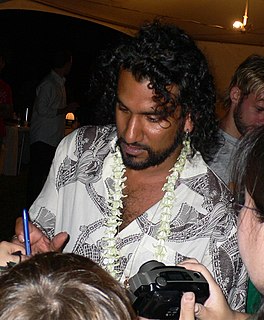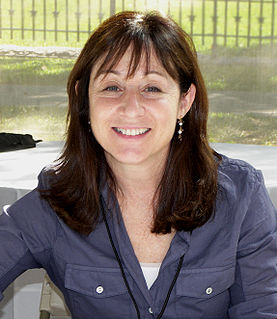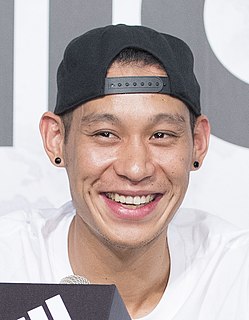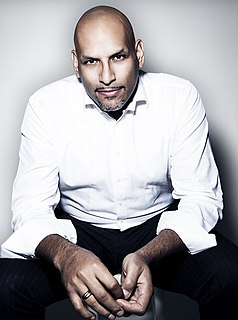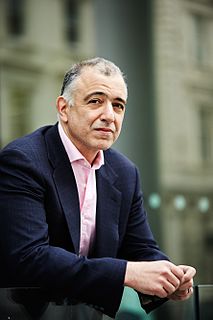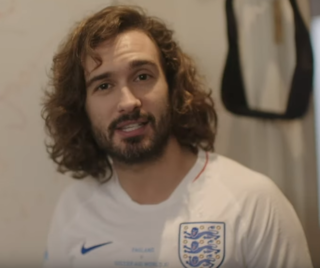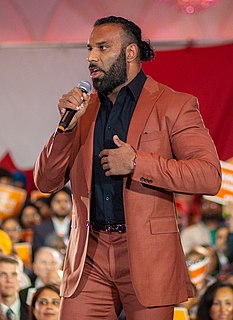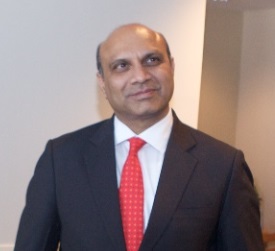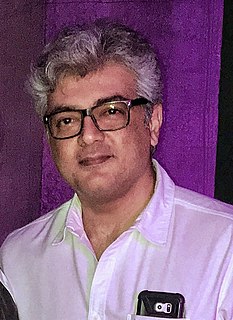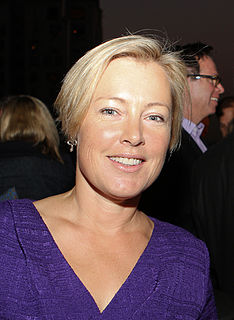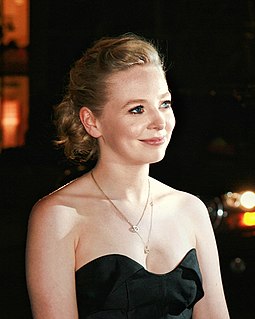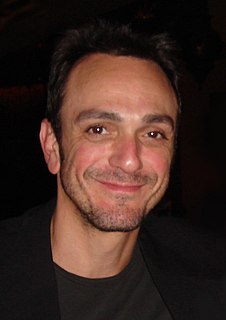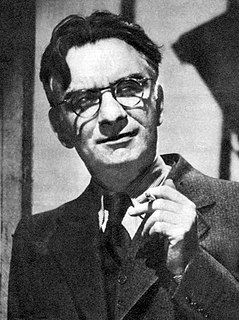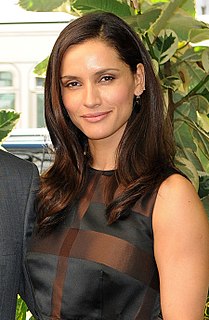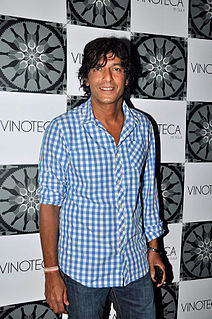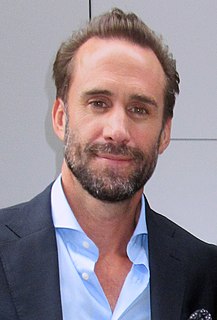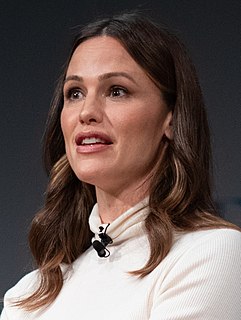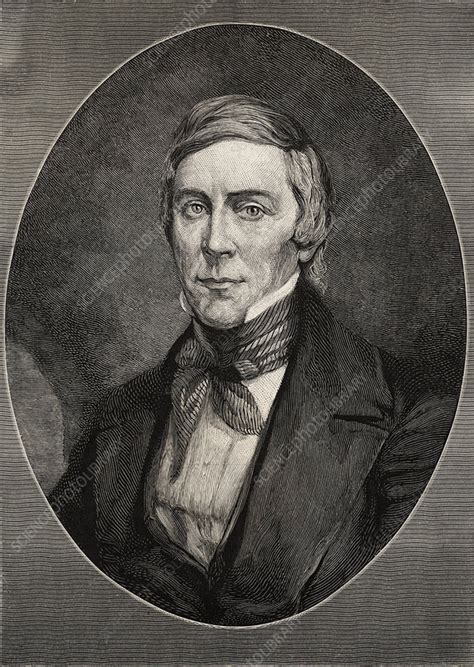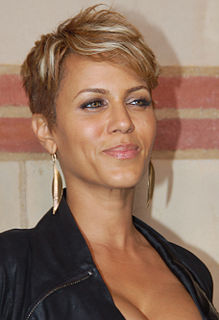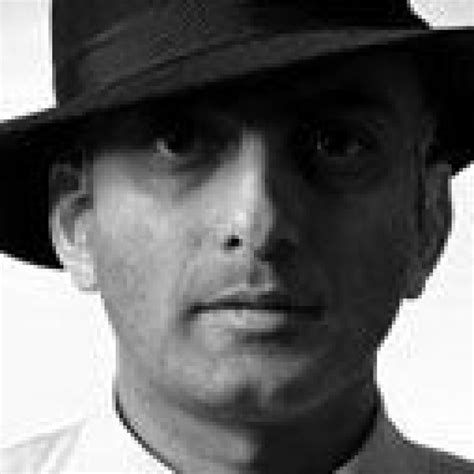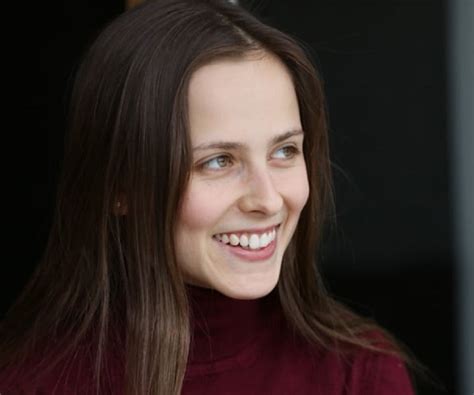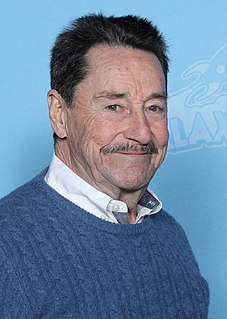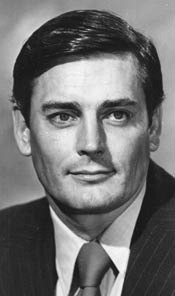Top 282 Academics Quotes & Sayings - Page 4
Explore popular Academics quotes.
Last updated on April 19, 2025.
Homosexuality is not 'normal' On the contrary it is a challenge to the norm...Nature exists whether academics like it or not. And in nature, procreation is the single relentless rule. That is the norm. Our sexual bodies were designed for reproduction...No one is born gay. The idea is ridiculous...homosexuality is an adaptation, not an inborn trait.
The old university attitude of 'publish or perish' has changed. Students and academics are realising that institutions such as Imperial College are also wealth-generators. It is very satisfying to be in a university where you have the freedom to innovate and yet know that there is a path to translate your work into industry.
Yes, it is hard out there. But hard is relative. I come from a middle-class family, my parents are academics. I was born after the Civil Rights movement, I was a toddler during the women's movement, I live in the United States of America, all of which means I am allowed to own my freedom, my rights, my voice and my uterus.
I would not say I was not interested in studies - it just wasn't there in me to pursue academics. I would open a page in the textbook and start thinking about everything under the sun except what was there in the book. I was more into extra-curricular activities and sports like NCC, rifle shooting, aero-modelling, bike racing, etc.
[The Utopia of Rules] should offer a challenge to us all. Should we just accept this bureaucracy as inevitable? Or is there a way to get rid of all those hours spent listening to bad call-centre music? Do policemen, academics, teachers and doctors really need to spend half their time filling in forms? Or can we imagine another world?
Growing up I did commercials and things like that, but nothing serious. As I got older, my family is really hardcore into academics. They weren't wanting to necessarily support an acting career; it's a really fickle business, and it can be difficult and unstable. They were rooting for education and the whole nine yards.
Look at the great tradition of Western political philosophy. Those people were all immersed in revolutionary movements. Most weren't career academics - often, they were too radical to be accepted in the academy. Rousseau's books were banned. Jeremy Bentham and John Stuart Mill couldn't hold academic positions because they were atheists.
Without commenting on the legal aspects, which I'm not capable of doing, those are lifestreams and there are other companies that have done similar things. That makes me angry personally, not because of the money, but because of the deliberate failure to acknowledge work that we would have made freely available as academics.
A lot of novelists start late-Conrad, Pirandello, even Mark Twain. When you're young, chess is all right, and music and poetry. But novel-writing is something else. It has to be learned, but it can't be taught. This bunkum and stinkum of college creative writing courses! The academics don't know that the only thing you can do for someone who wants to write is to buy him a typewriter.
Postmodernism, the school of 'thought' that proclaimed 'There are no truths, only interpretations' has largely played itself out in absurdity, but it has left behind a generation of academics in the humanities disabled by their distrust of the very idea of truth and their disrespect for evidence, settling for 'conversations' in which nobody is wrong and nothing can be confirmed, only asserted with whatever style you can muster.
I know of only one country, at least to my knowledge, which has a dissident culture where leading figures, I mean, the most famous writers, journalists, academics and so on, are not only critical of state policy, but are constantly carrying out civil disobedience and risking imprisonment and often being imprisoned, standing up for people's rights. That's Turkey.
In Israel, there is a peace camp that can convene 200,000 people in central square of this city, on very short notice, and there is a major movement among academics, politicians, thinkers, and public leaders for peace, even at a painful price. On the Palestinian side, you can find them individually here and there, but there is no public movement.
Philosophers and psychologists have long puzzled over the question of how we know as much as we do despite our limited experiences. One way is to see how children learn. Another example is consciousness. The concept is usually explored by armchair academics. Looking at kids expands our conceptions of consciousness.
I had a brilliant drama teacher while I was at Roland Park: Ann Mainolfi. But the school was mostly rich in academics. It wasn't like I was prepping myself for a life in acting. There, you prepped yourself to have a stable future. The school's piece de resistance is college prep - it didn't teach you how to audition for a TV show.
My motto is: write about anything you bloody well like; just make sure you do it effectively. We've all had all the emotions, the rest is research and that leap which some can do and others cannot - it's not really something you can learn, otherwise all academics of literature would be wonderful fiction writers.
Academics, who work for long periods in a self-directed fashion, may be especially prone to putting things off: surveys suggest that the vast majority of college students procrastinate, and articles in the literature of procrastination often allude to the author's own problems with finishing the piece.
I'm always involved with the Aerospace Program and NASA and Goddard Space Flight Center. And if kids feel so inclined, they can log onto NASA and the Optimus Prime Spinoff Award, which we present every year to some of the brilliant young minds that are taking up into the academics of space, science, technology, math.
I am confident that for the foreseeable future (barring some catastrophic event affecting economic, energy, electrical, and communications systems), many subpopulations that use information intensively (e.g., students, academics, library patrons, white collar workers) will be using some sort of portal information appliance.
